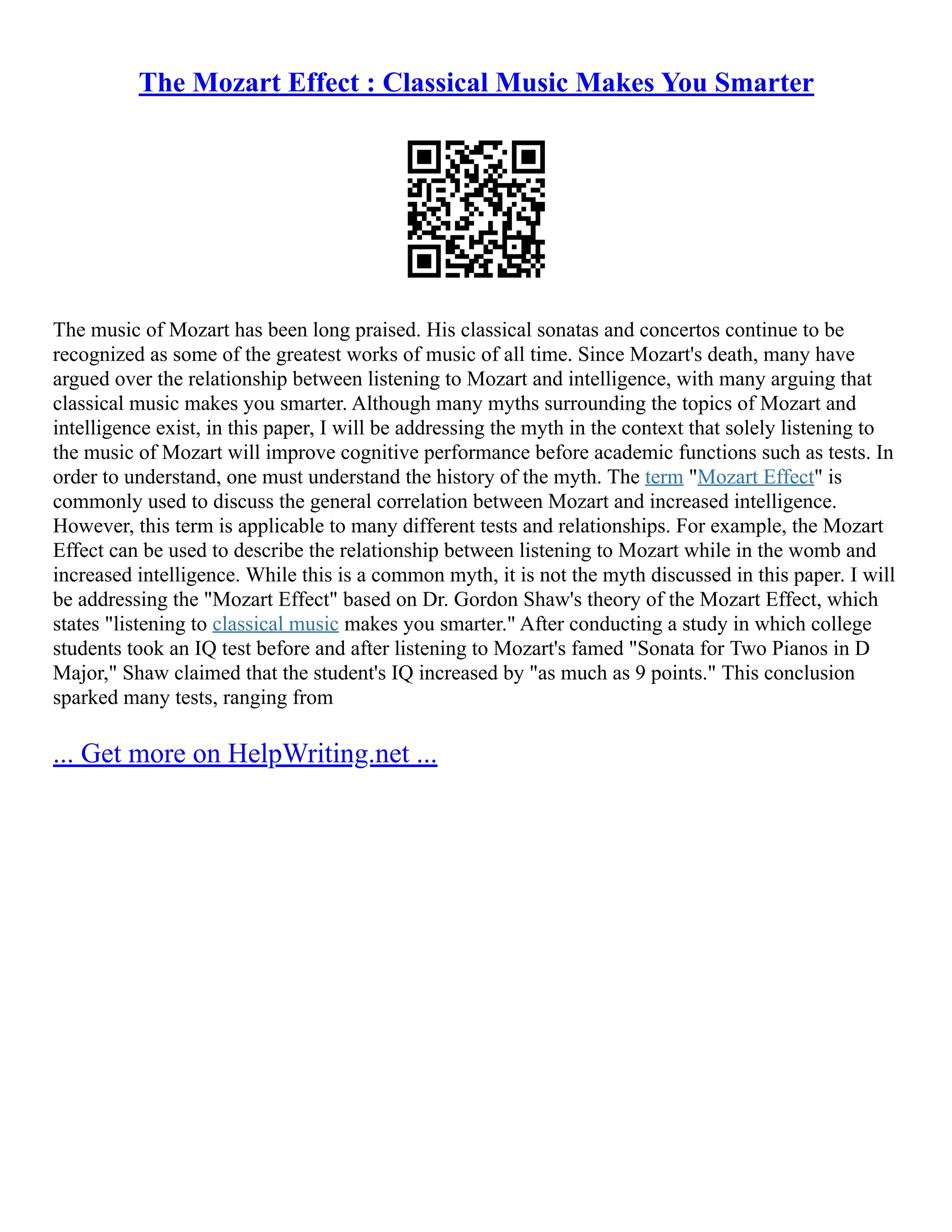1) The document discusses research showing that listening to classical music, such as Mozart's sonatas, can improve cognitive functioning and IQ scores. Studies found students who listened to Mozart before taking an IQ test scored 9 points higher than those in silence.
2) The human brain works harder to decode and process complex musical patterns in classical music, strengthening neural pathways and making the brain stronger. Mozart's music in particular is very complex, requiring more brain activity.
3) Listening to classical music can benefit health by lowering heart rate, blood pressure, and stress during exercise or study. Music helps people relax and focus better.

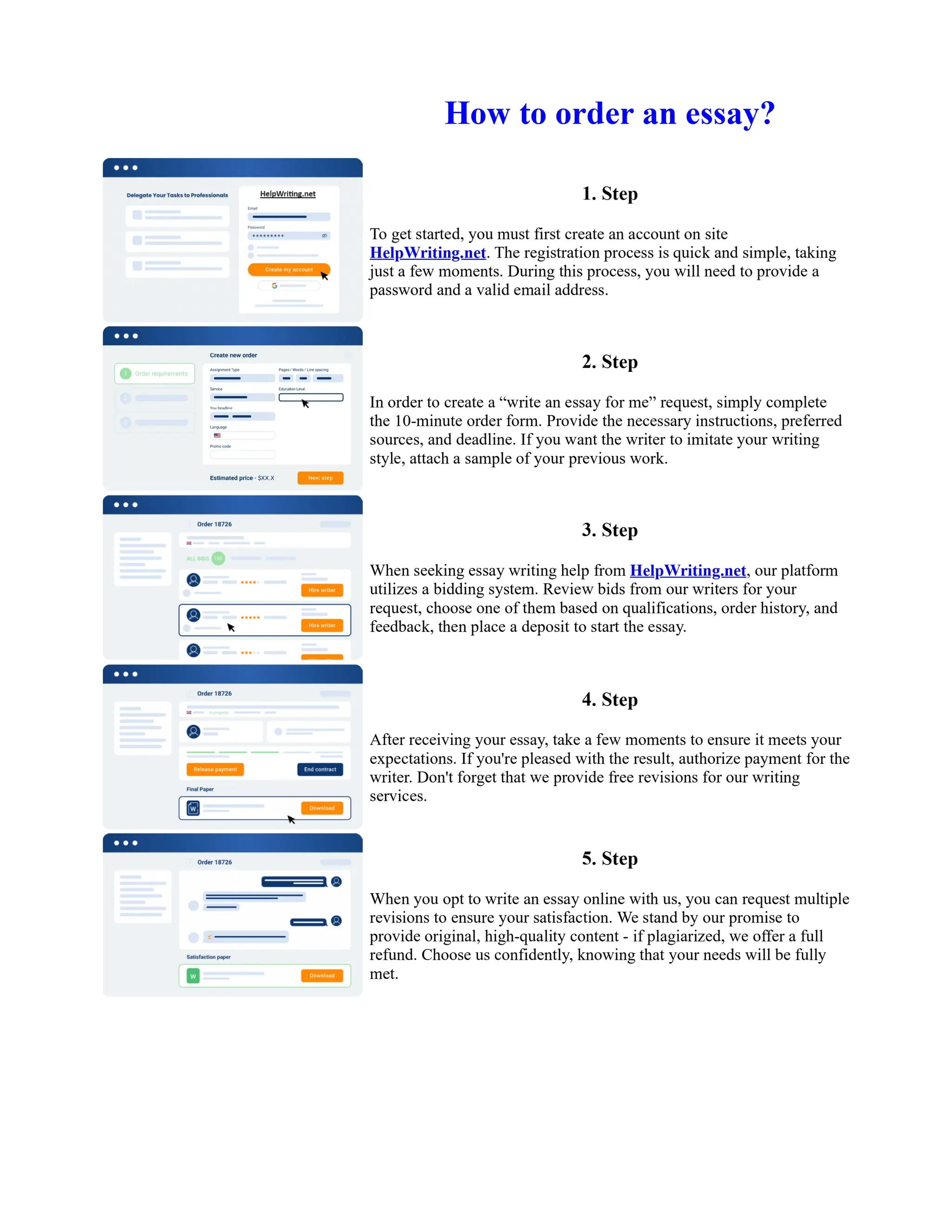






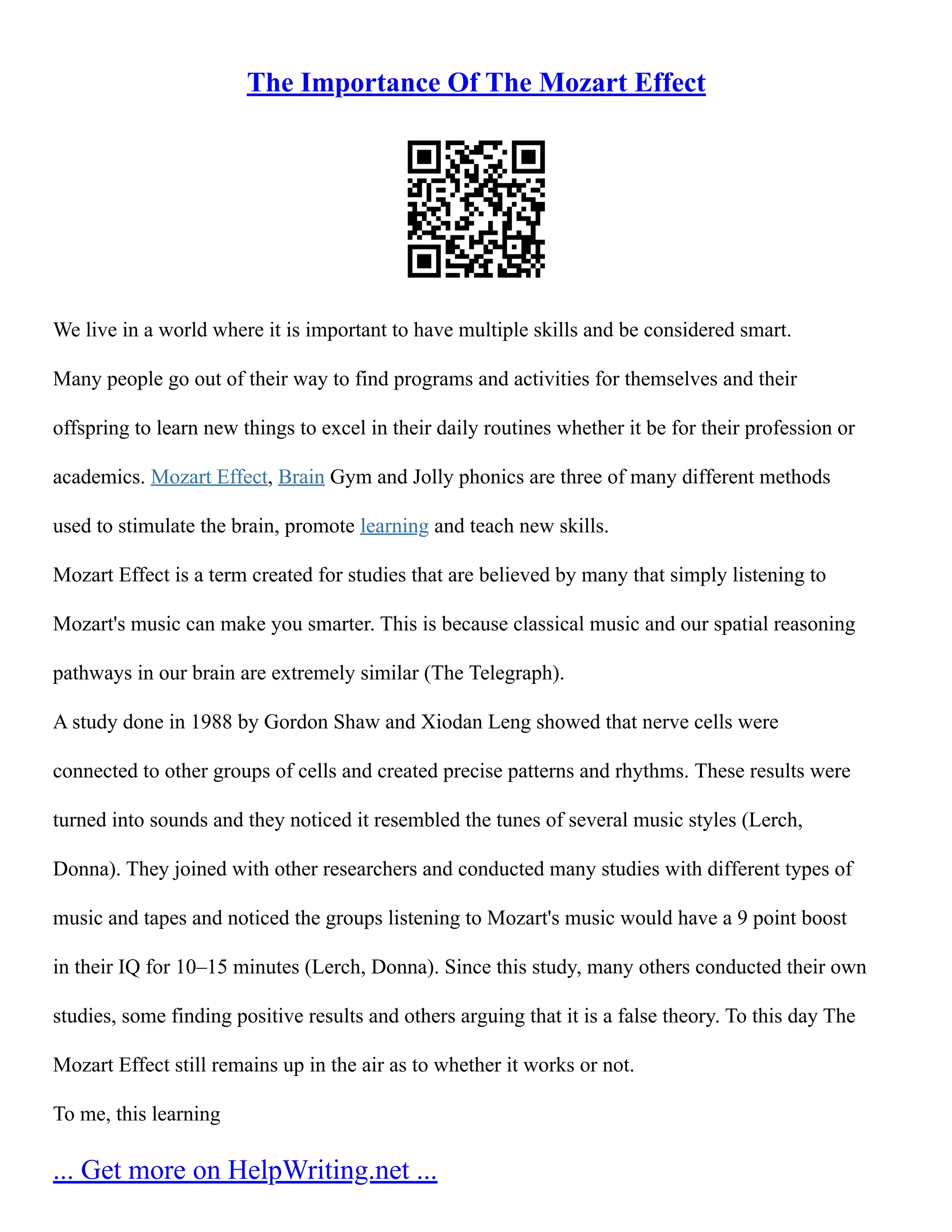

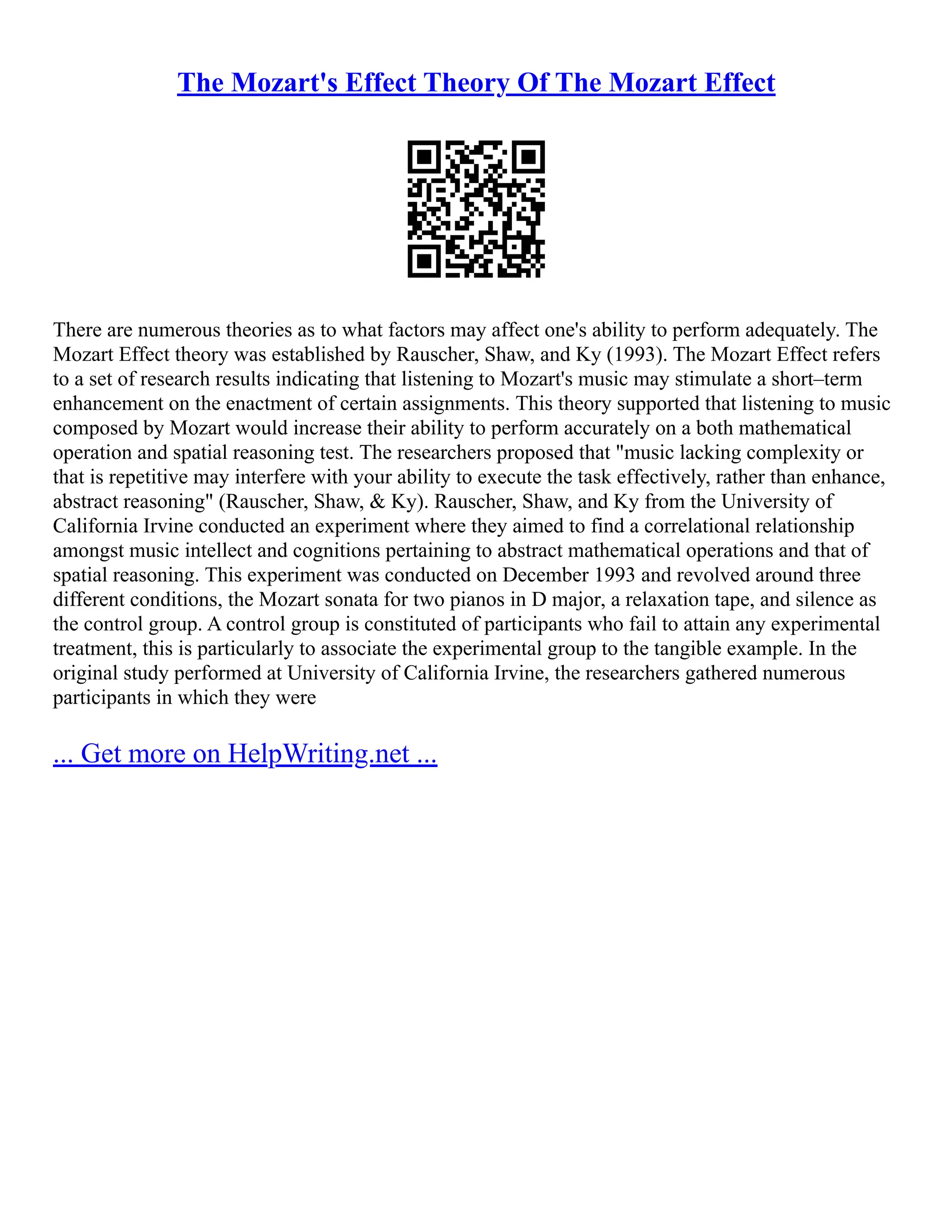




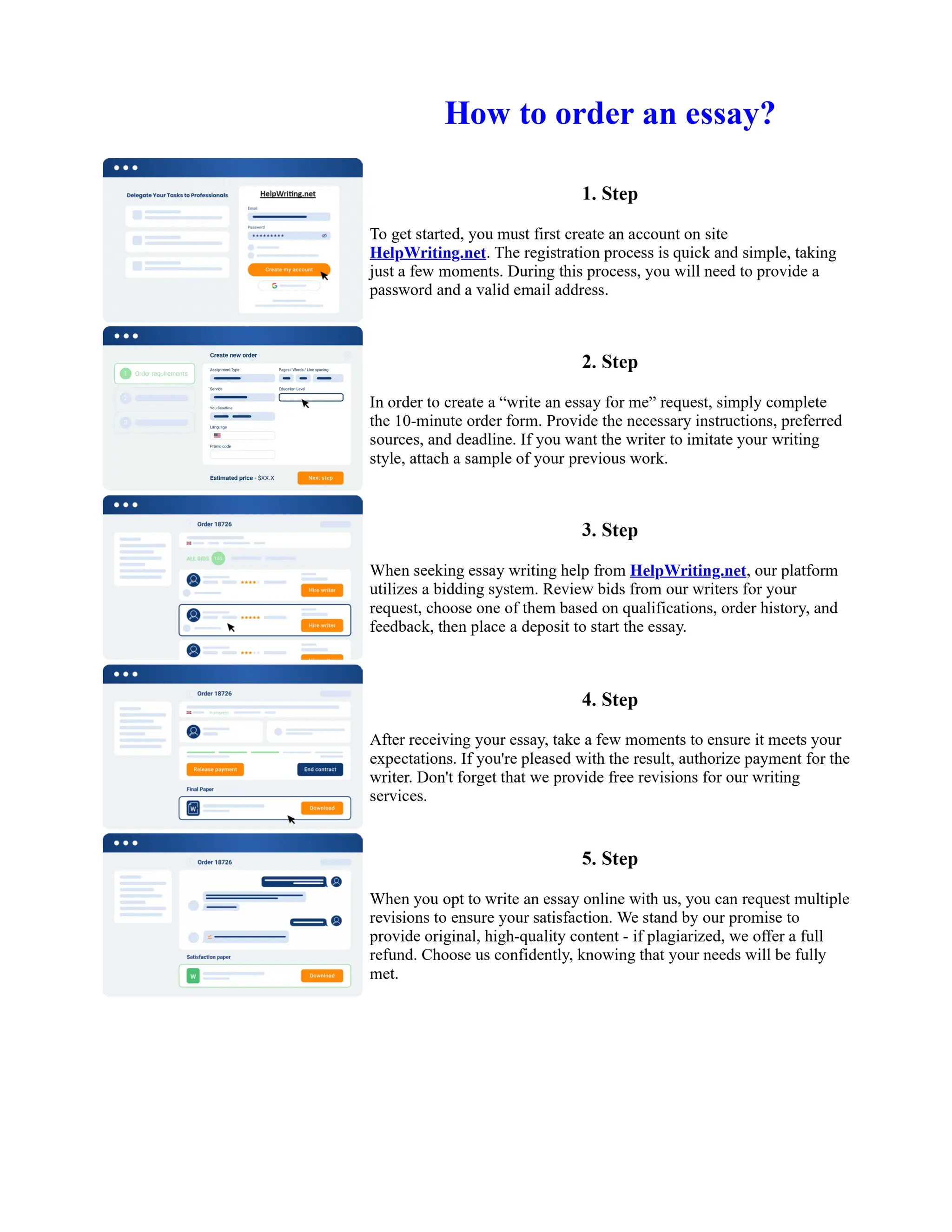
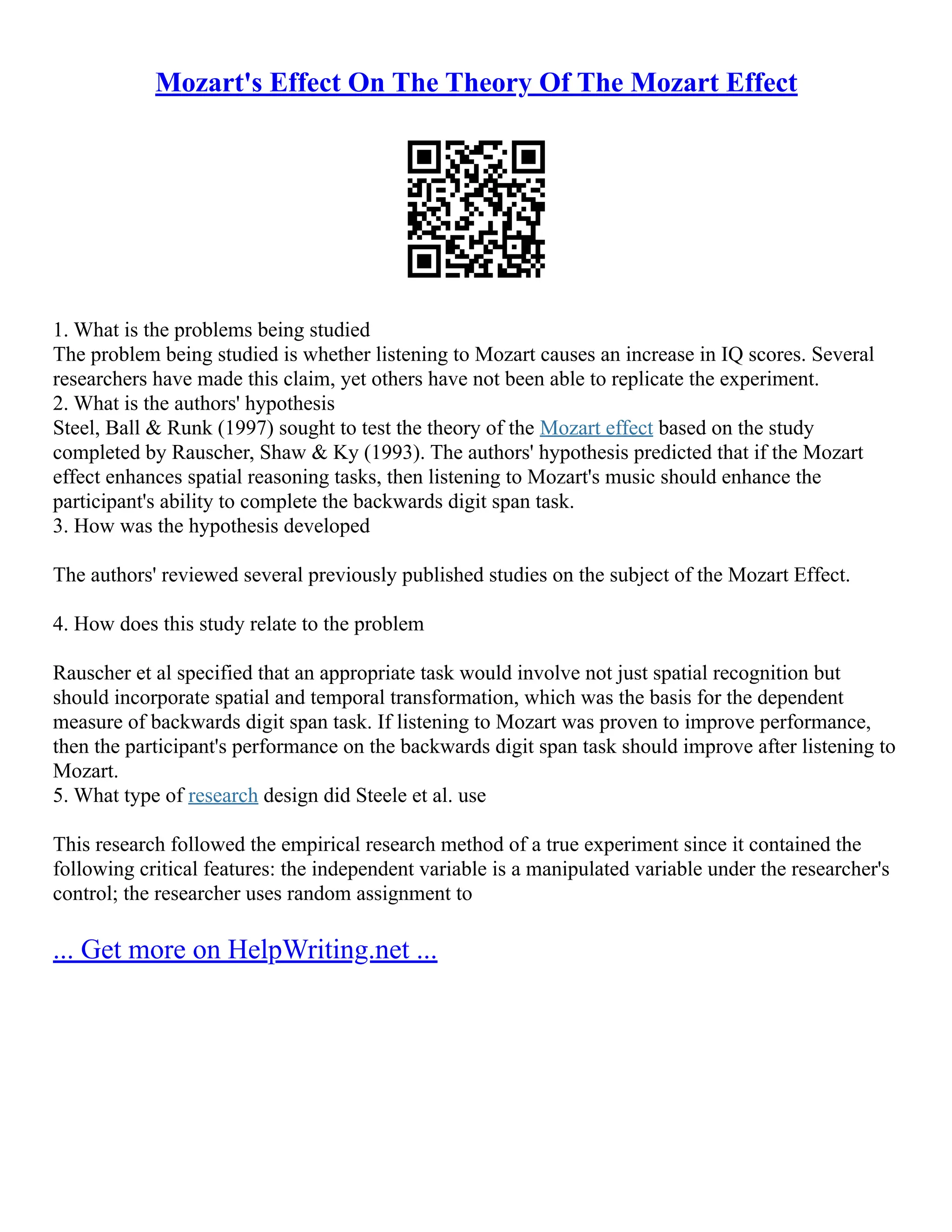
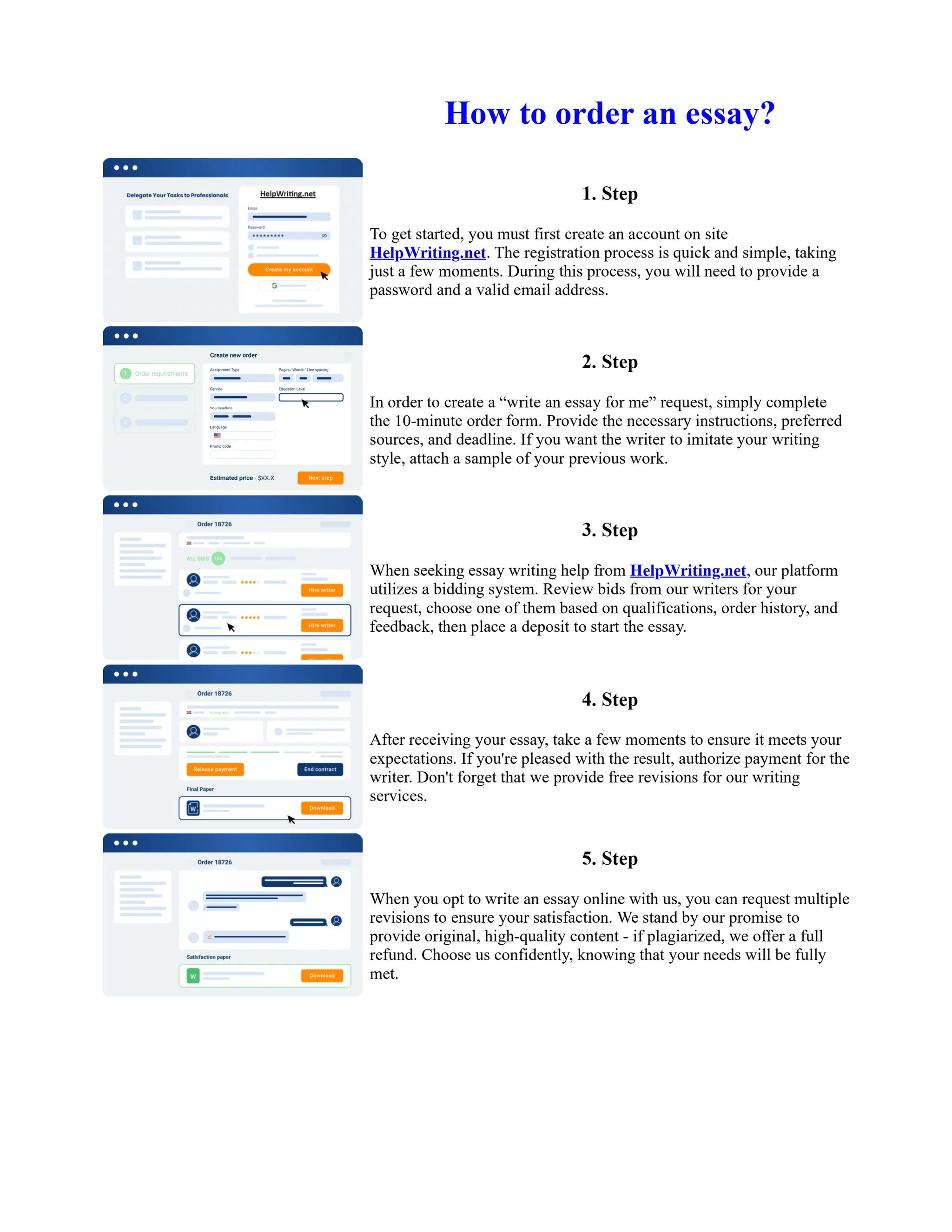



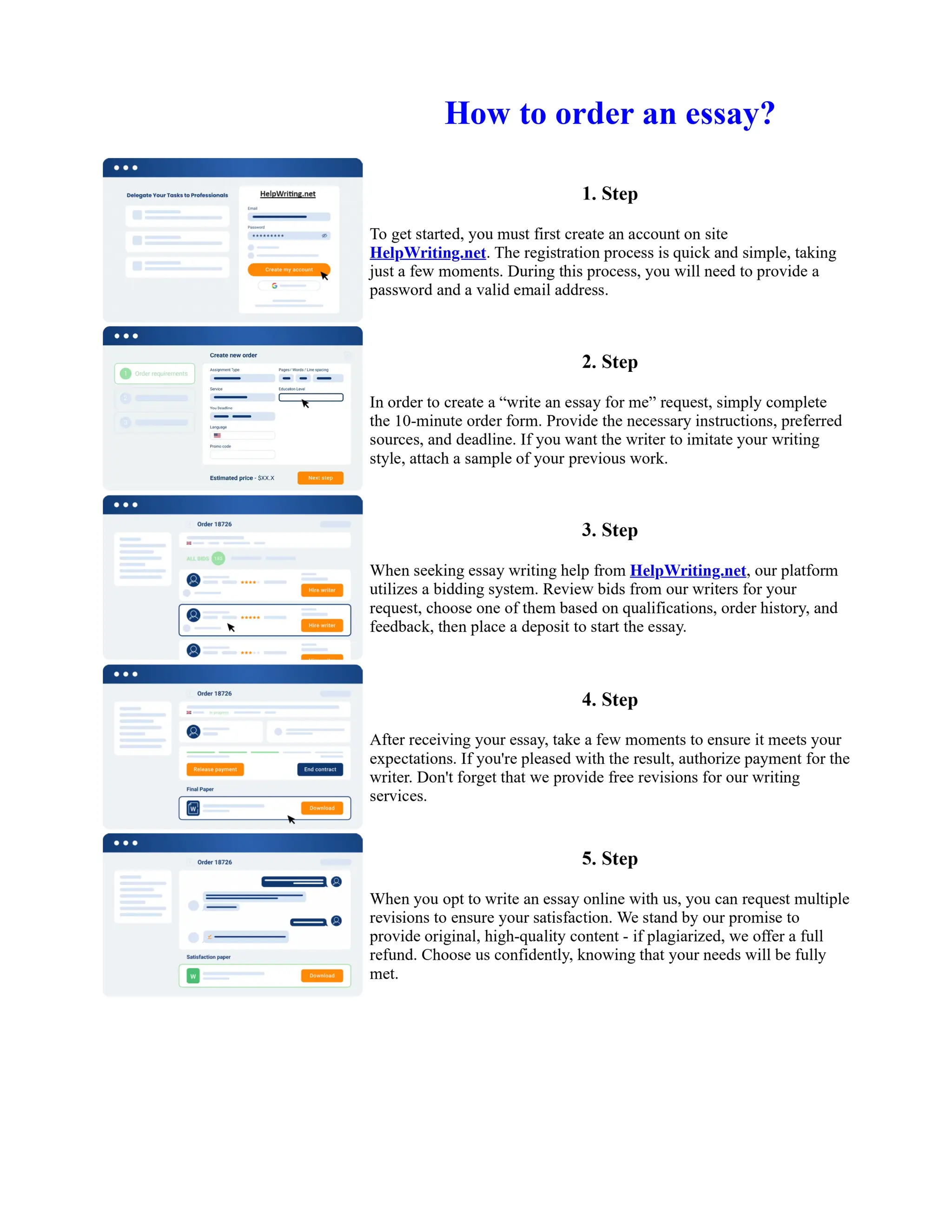


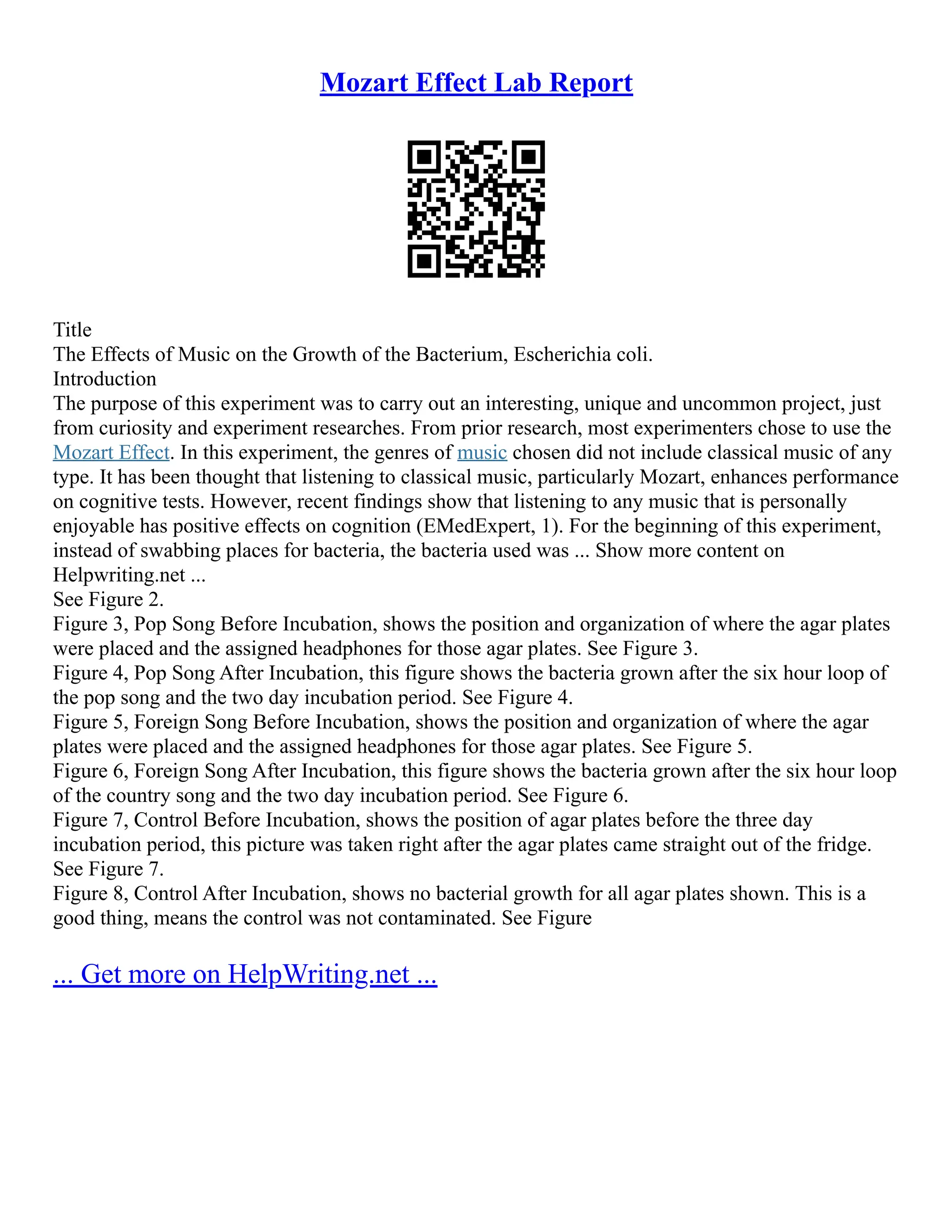


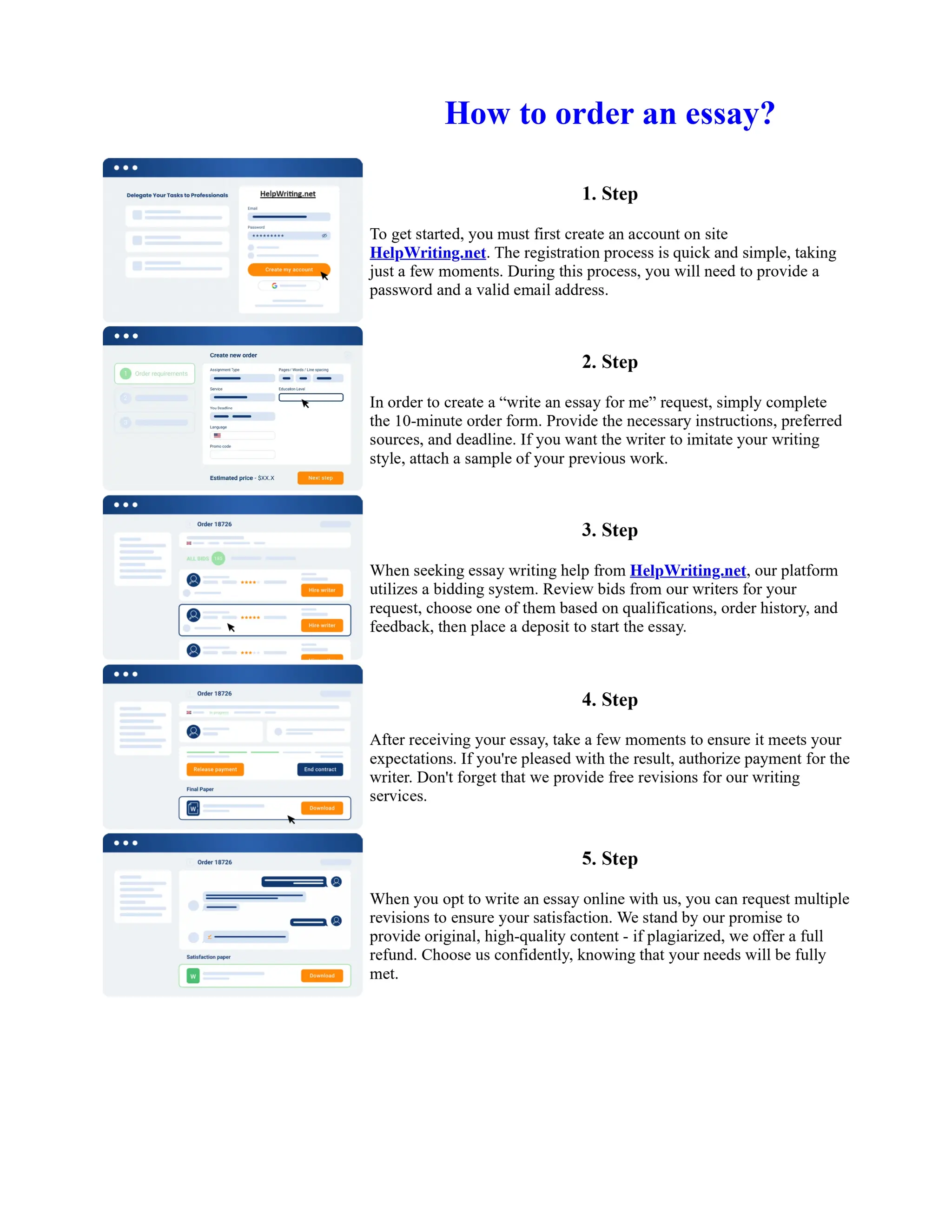

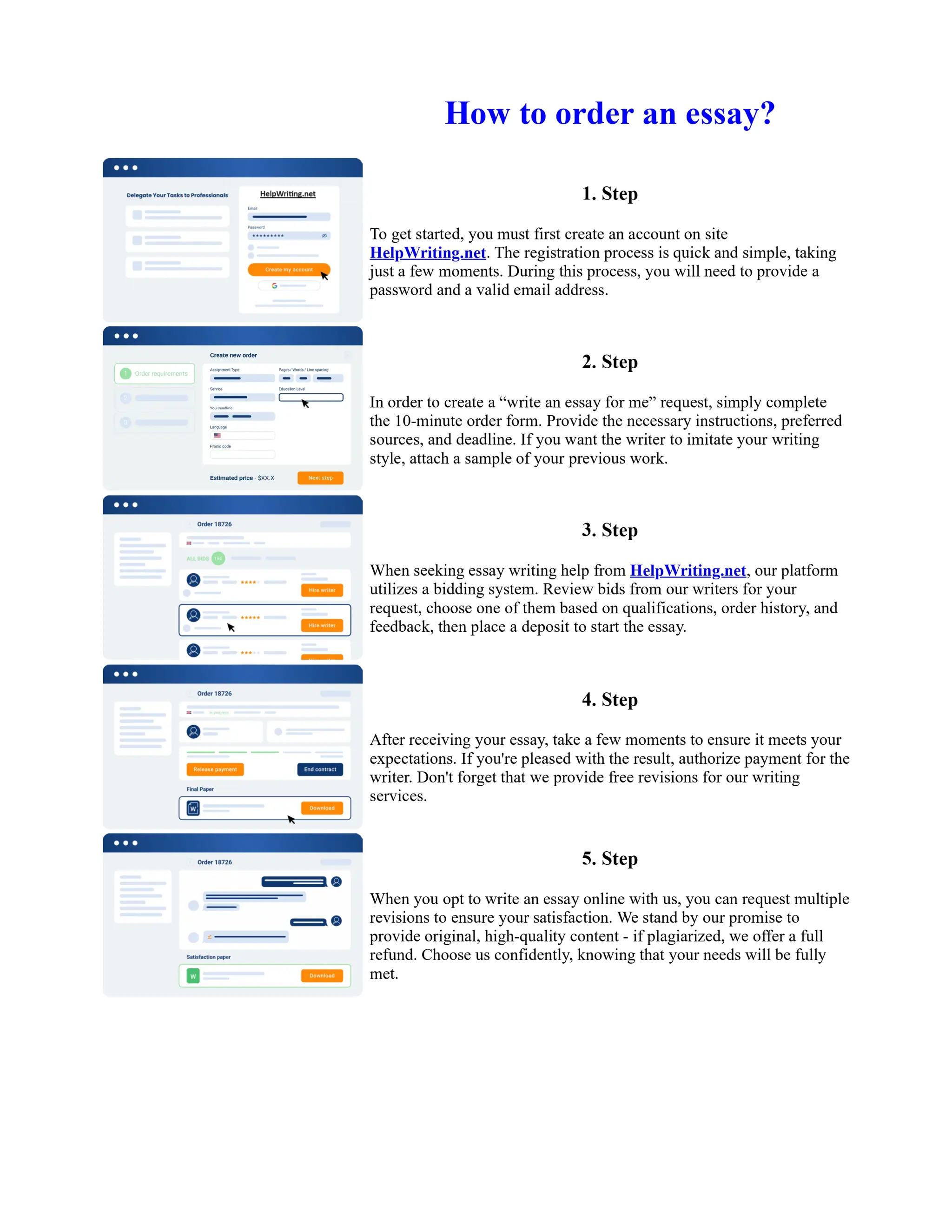





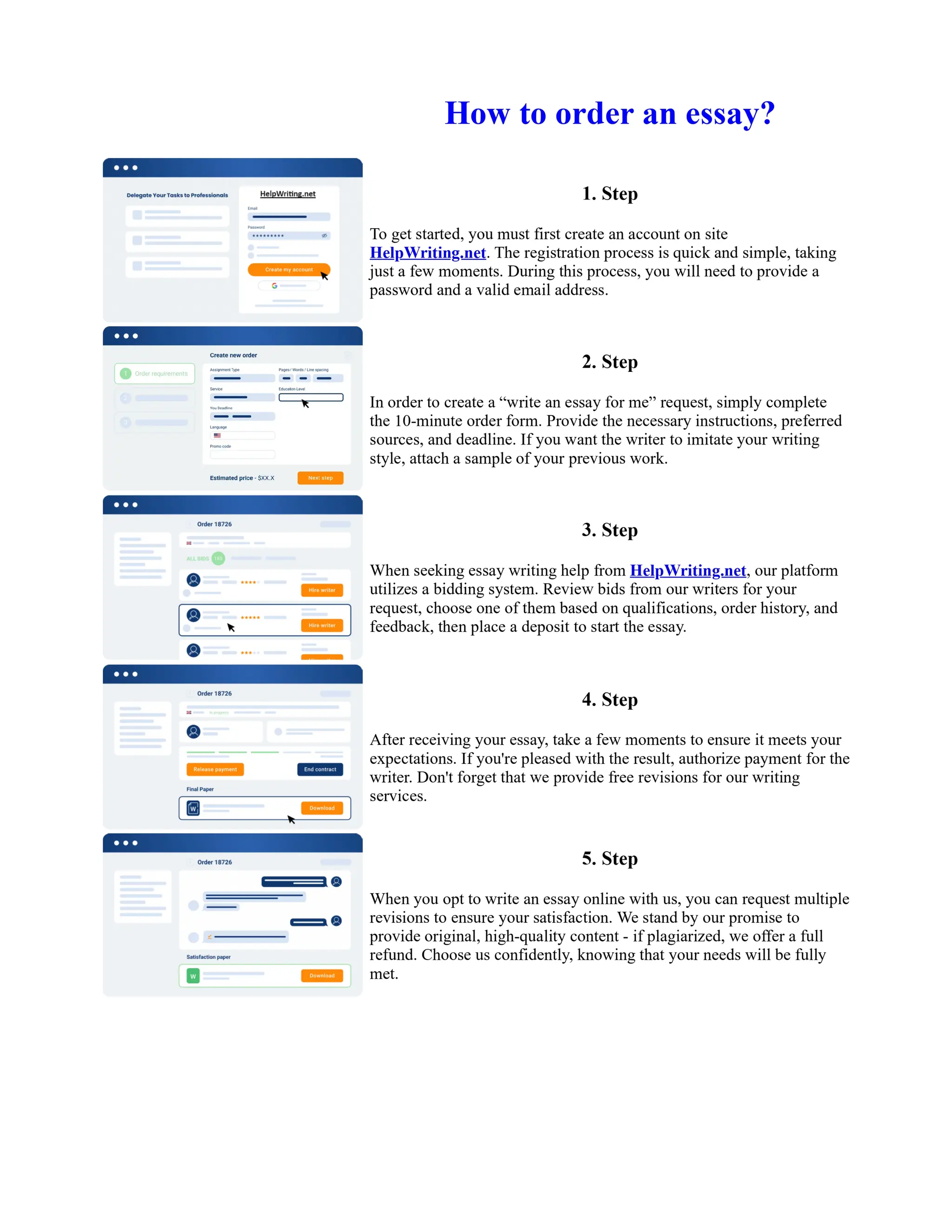

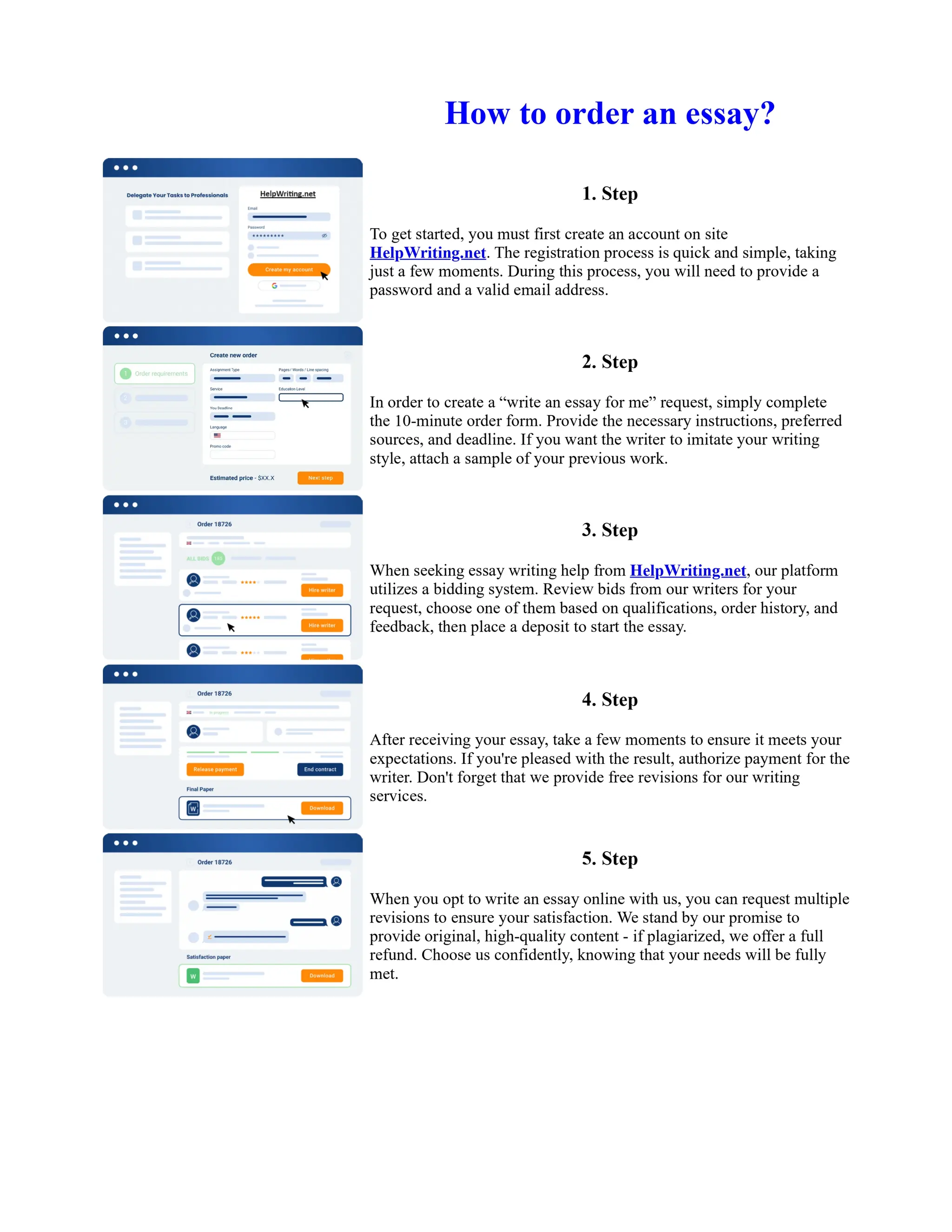
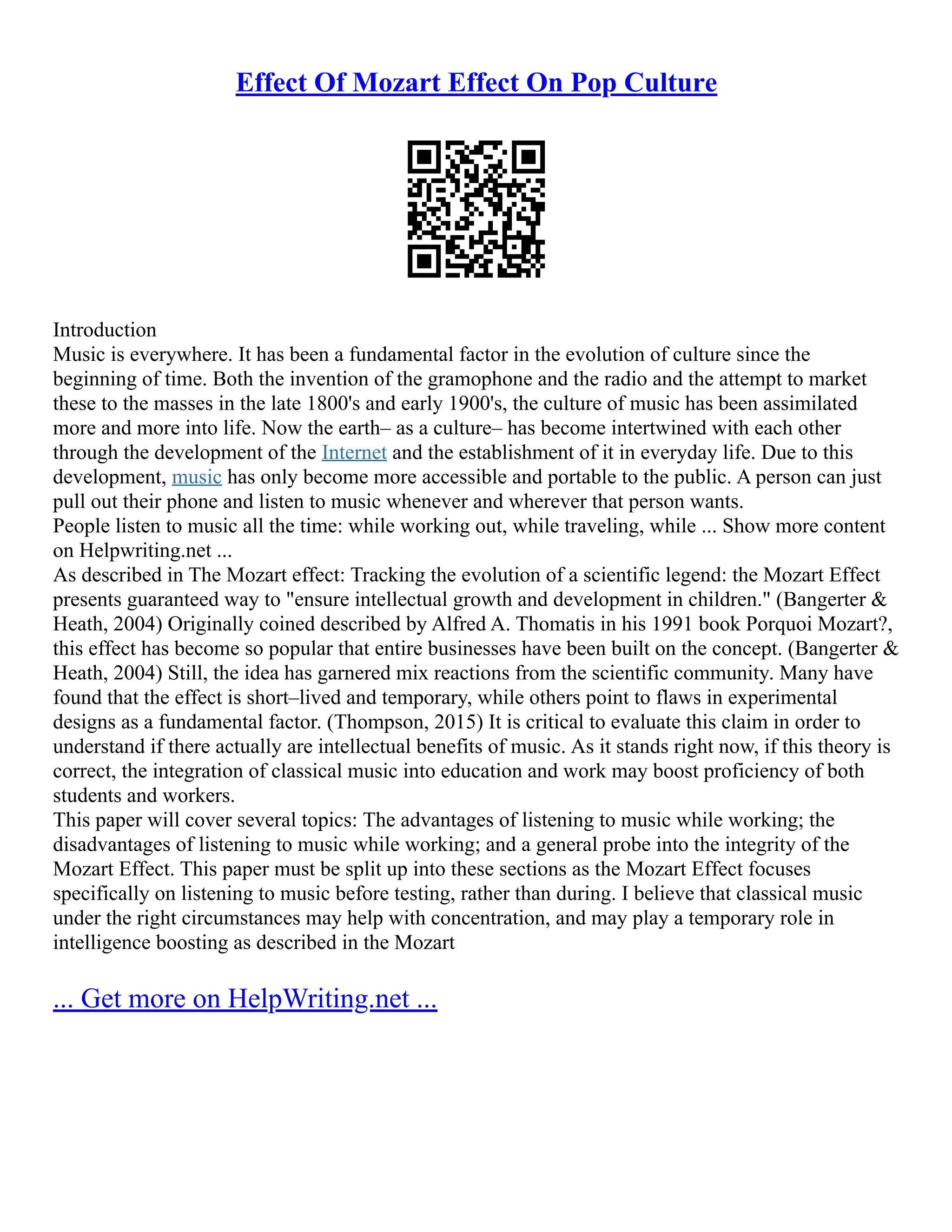

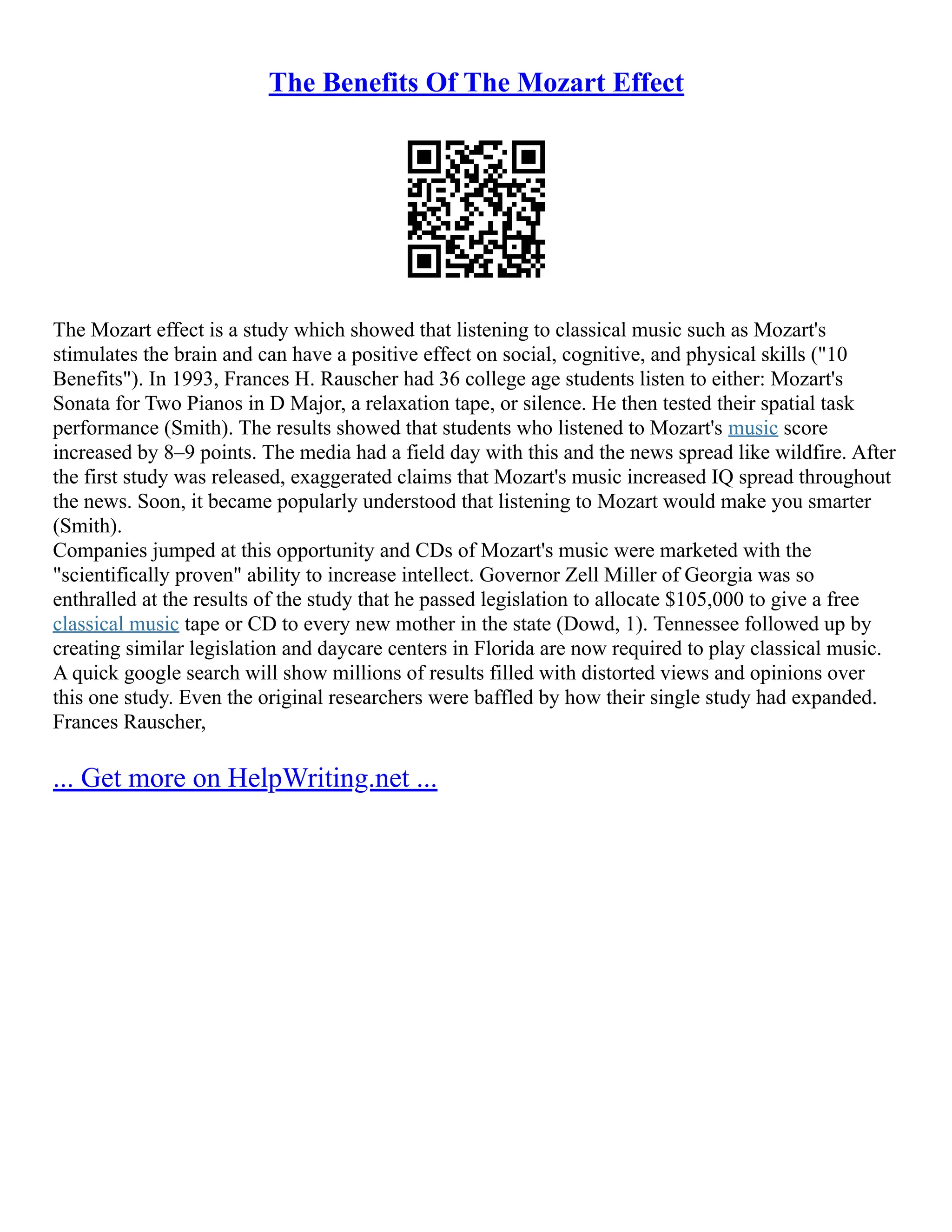
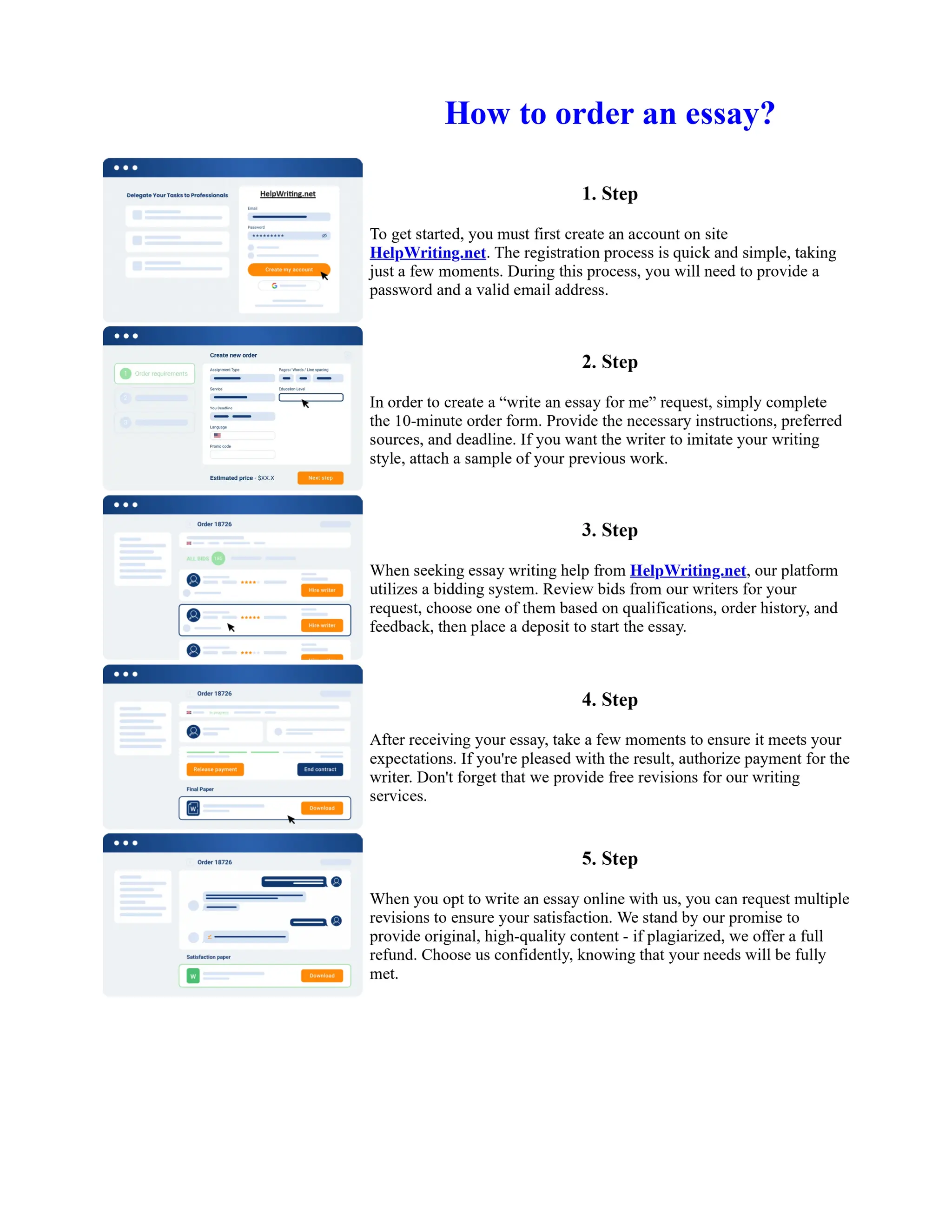

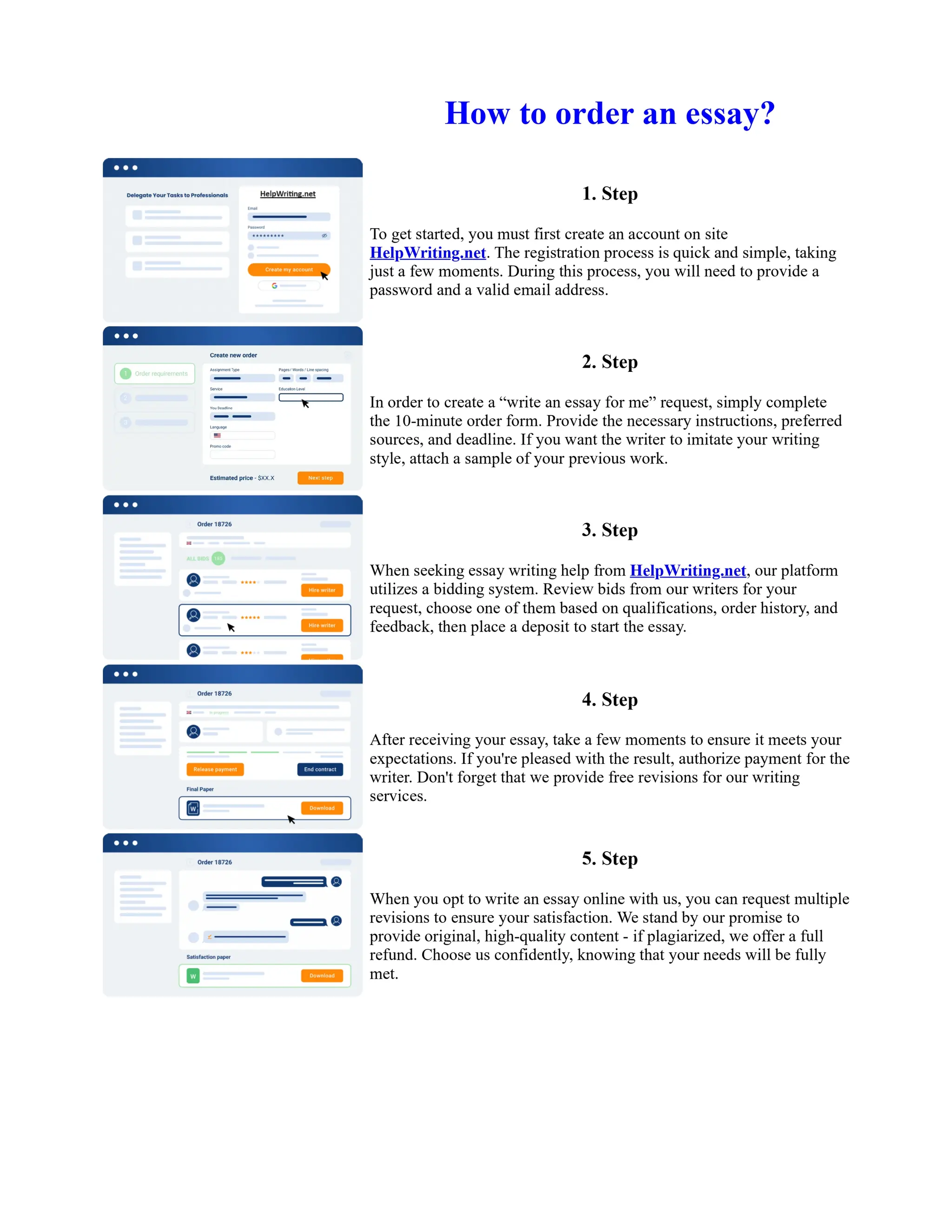







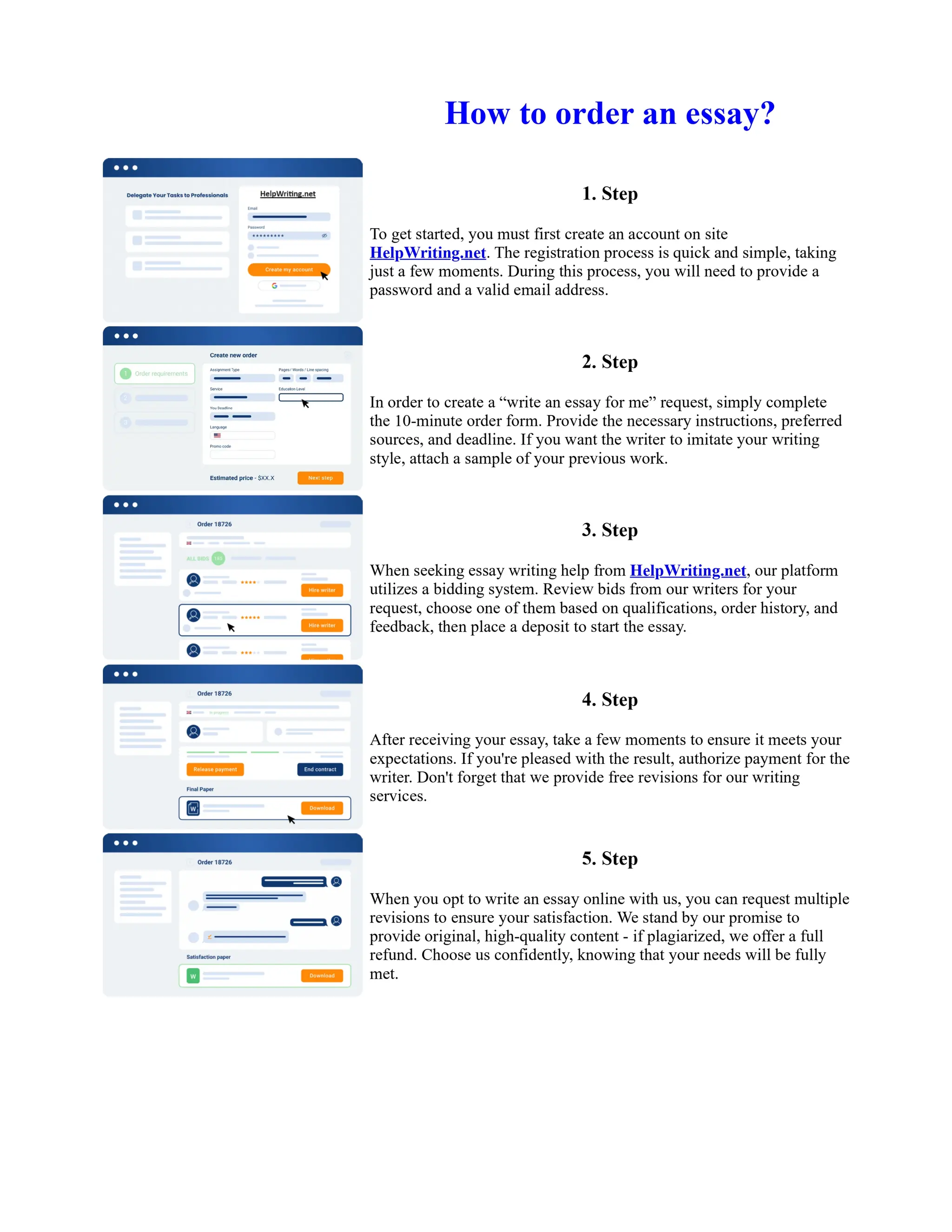

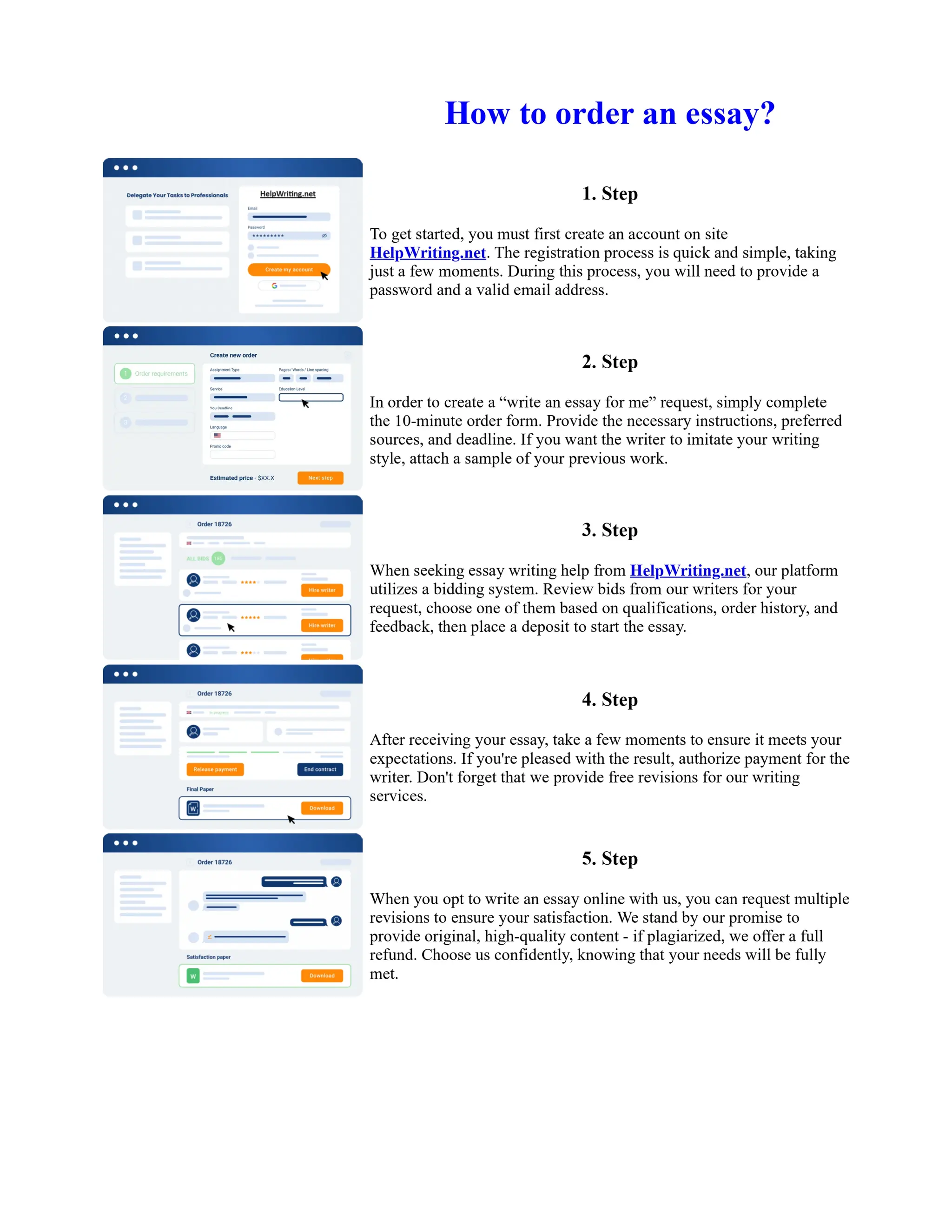
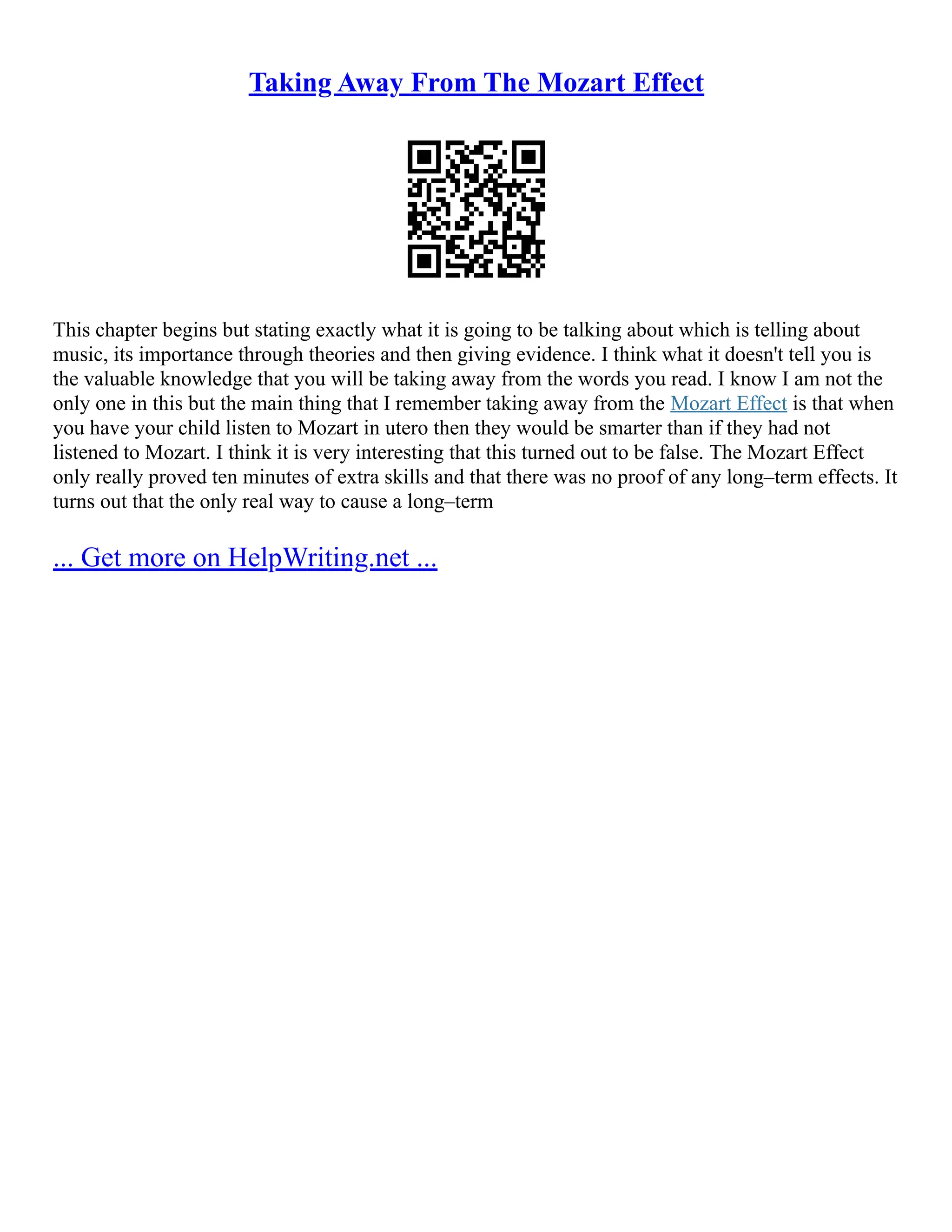
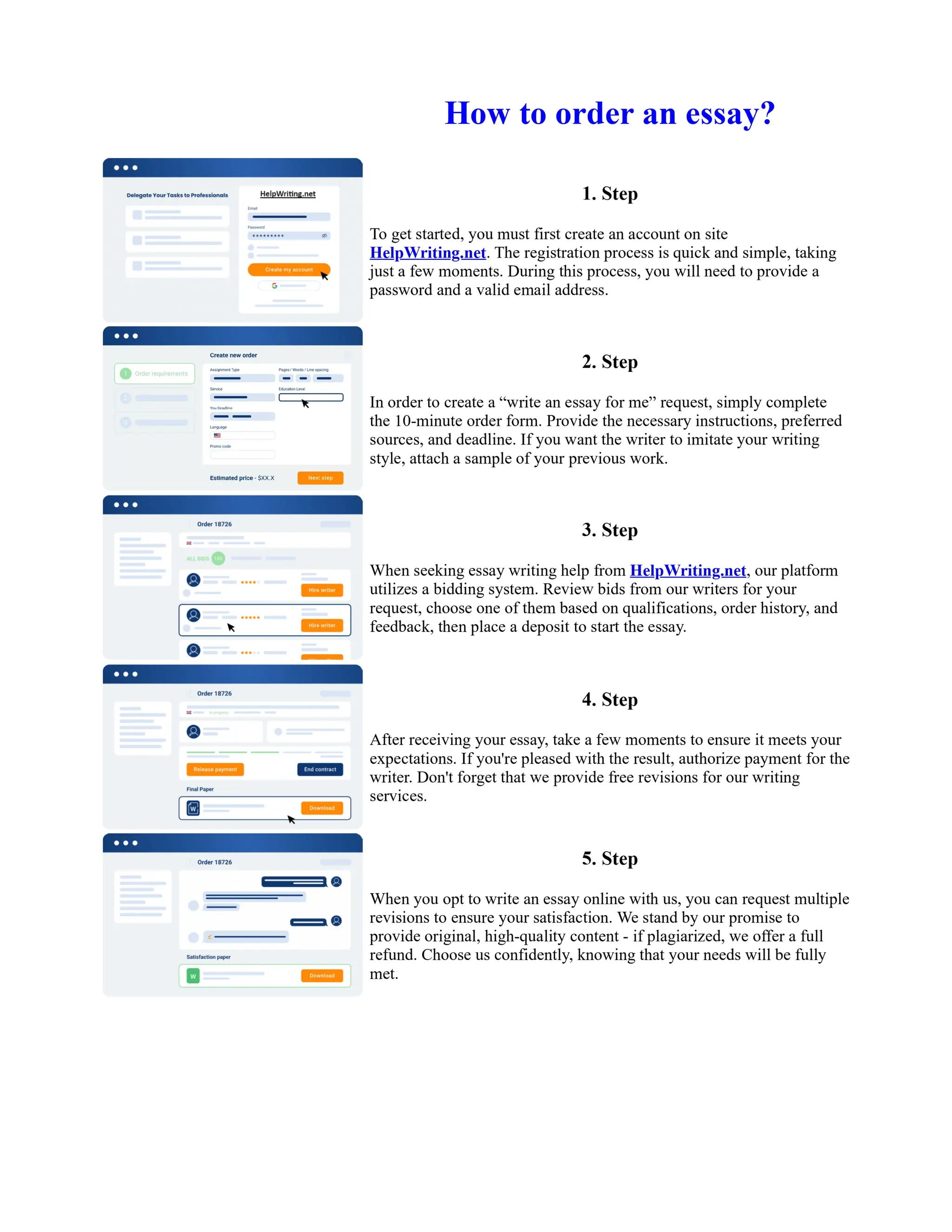
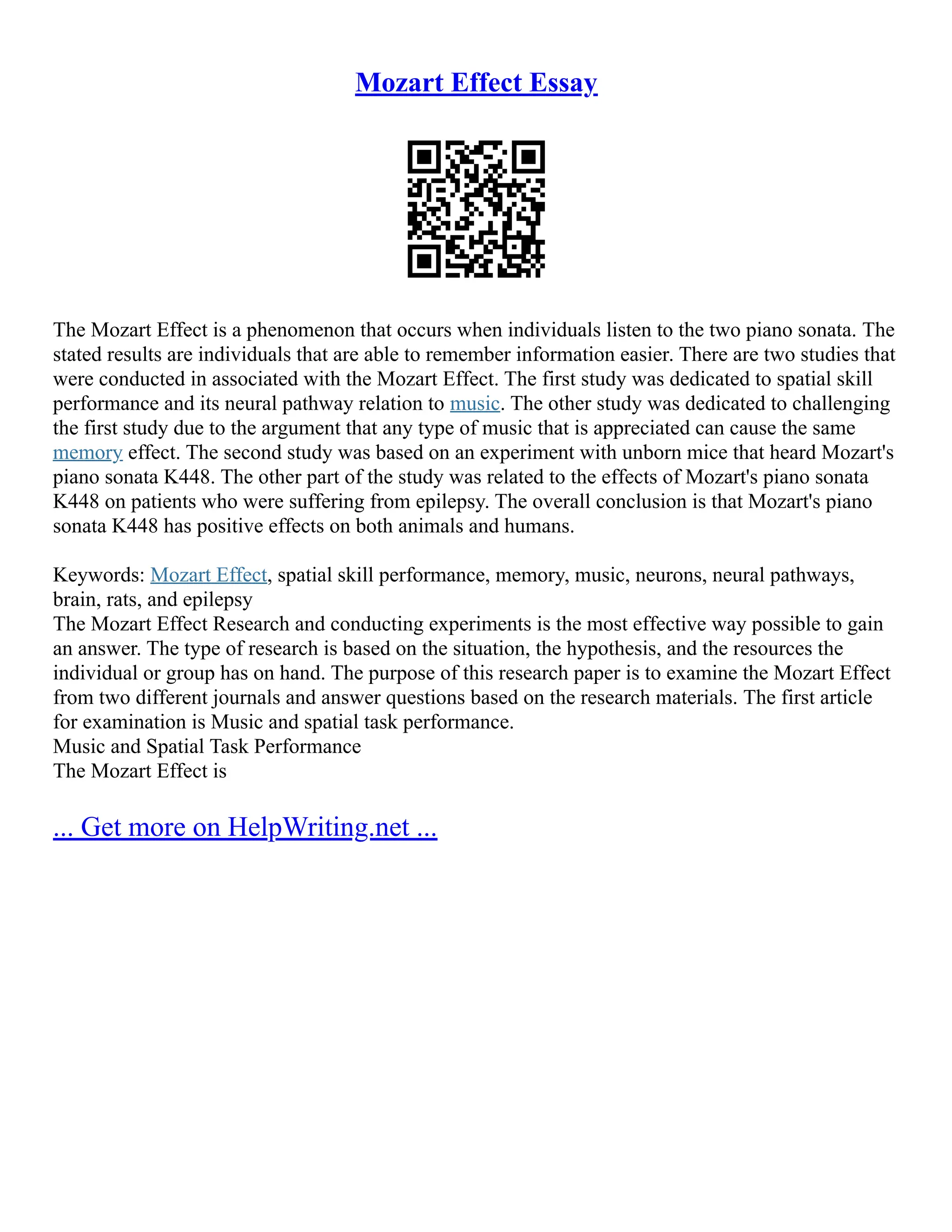
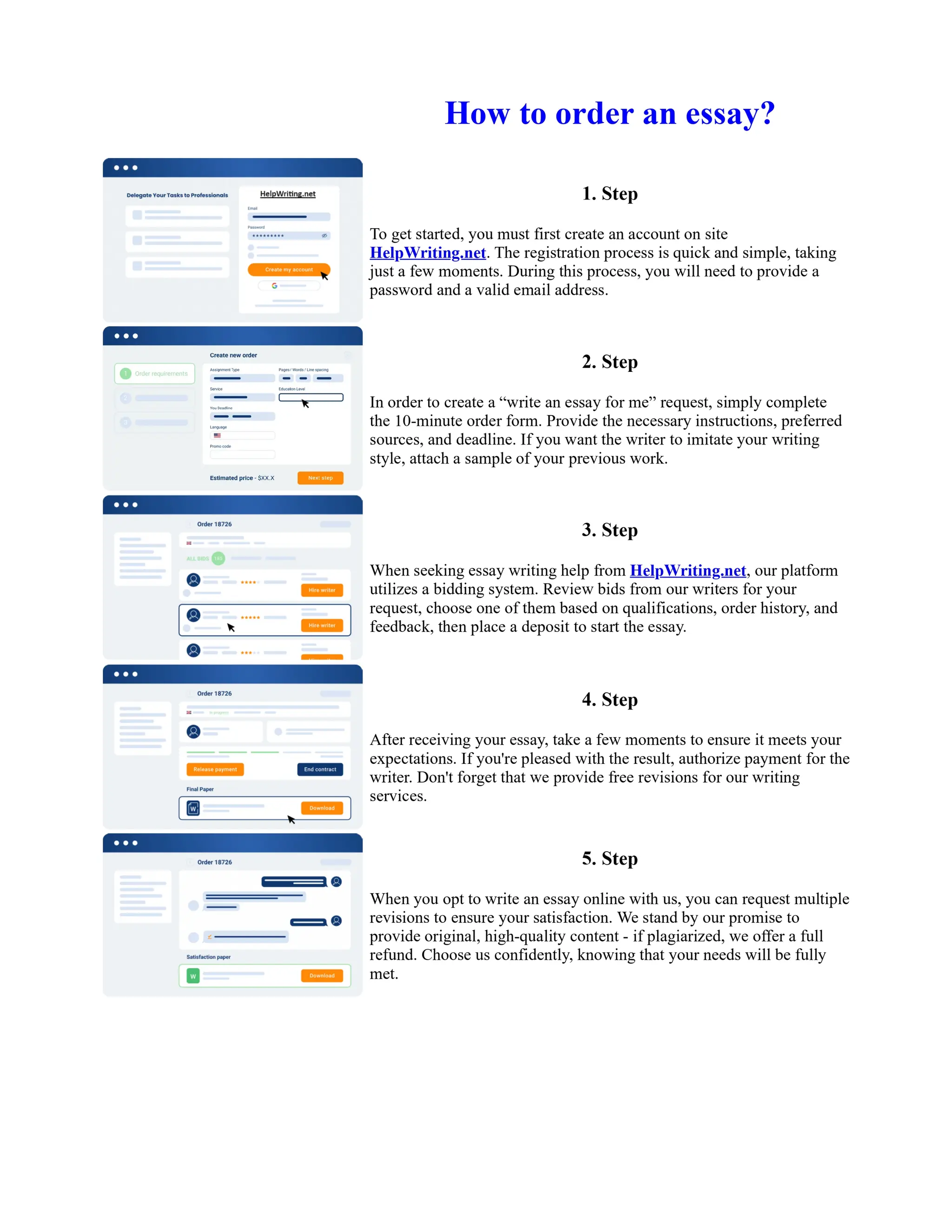


![The Mozart Effect Essay
The Mozart Effect is a study that shows listening to classical music can have positive effects on
learning and attitude. This occurrence is called the Mozart Effect, and it has been proven in
experiments by many scientists. This research has caused much controversy between believers and
nonbelievers, because The Mozart Effect is said to enhance the brain and reasoning; it is also used to
reduce stress, depression, or anxiety; it induces relaxation or sleep; and the Mozart Effect activates
the body. It also claims to help in the brain development in babies and young children and in
addition is thought to aid in the process of studying.
Scientists and skeptics have different beliefs about the benefits of the Mozart Effect. Scientists ...
Show more content on Helpwriting.net ...
To arrive at the full scores, the students' partial results were inflated by a factor of three [Dowd]. In
fact there are many who believe that these amazing findings are still a hoax. However, Shaw and
Rauscher claimed that their work was misrepresented. What they have shown is that there are
patterns of neurons that fire in sequences, and that there appear to be pre–existing sites in the brain
that respond to specific frequencies" [Carroll]. The Mozart Effect is a research that has been
consider a fraud, many individuals have profit from the sold of items associated with the Mozart
Effect. Mozart's music is believed to beneficial for expecting mothers and their unborn children and
also for toddlers. However, there are many who believe that children emulate or copy the adults
around them. The Mozart Effect implies an immediate and miraculous boost in brain power. It
claims to have substantial benefits on the well–being of premature babies. "While neuroscientists
have largely dismissed the "Mozart effect" myth that listening to music enhances mental skills,
practicing and performing musical compositions does seem to elevate certain cognitive capabilities".
The article explains how we are able to benefit from music, and how it enhances our brain and
reasoning. Music therapy does appear to help alleviate several brain maladies. Mozart's music is
beneficial not only for mothers and their unborn children but also for adults [Siegfried]. Experts
believe the Mozart
... Get more on HelpWriting.net ...](https://image.slidesharecdn.com/essayaboutthemozarteffect-231119145026-909f7f86/75/Essay-About-The-Mozart-Effect-61-2048.jpg)









